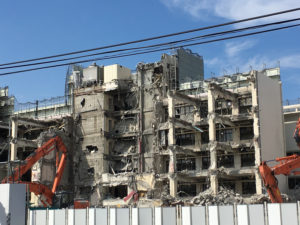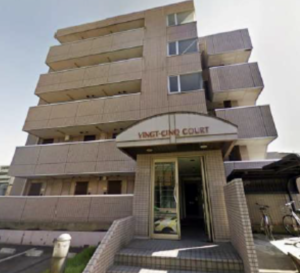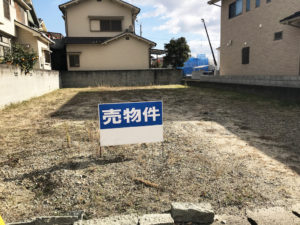Irresistible ?
I receive a number of inquiries about very affordable and yet old condominiums from foreign nationals.
They don’t know much about Japanese market.
Japan is facing serious social issues including ageing society and shrinking population.
And old condominiums are facing similar realities especially in the regional areas.
I am not saying all old condominiums are risky but please do not jump at the gun only because they are cheap.
You need to carefully investigate the property and check the potential risks.
Real estates are totally controlled by the market mechanism and they are cheap for a reason.
That said, if you carefully search, you could get a relatively good investment.







